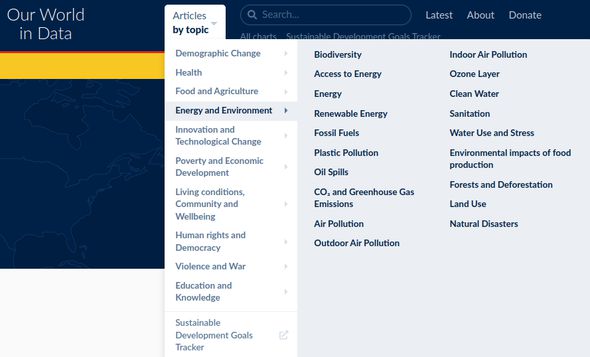See what I just did there? I was telling you (and myself) what a good boy I am to
not participate in consumerism! In other words, I was "signalling my virtue".
This is one of those concepts that, once you learn about it, it pops up everywhere. It is deeply intertwined with
prestige and how much we care about what others think of us. And with mating behaviour, for example when males
(of any species, including us)
try to convince females that they would make a good mate, by whatever criterion that is relevant in the situation.
This podcast with Geoffrey
Miller,
who literally wrote the book called Virtue Signalling, is quite good as an overview, if I remember correctly - it has been
a while since I listened to it. One of the points he stresses is that virtue signalling is generally a good thing! It is a way to build trust and
allow for cooperation.
Recently however, the term has mostly been used in a derogatory sense, like accusing accusing someone to be "just virtue signalling"
instead of being sincere in their proclamation. For example, a male calling himself "feminist" can be suspect to
ulteriour motives, that is saying anything that "gets the girl"; he might even be a
sneaky fucker.
Similarly, social justice activists' opinions, while certainly being convinced of their own noble motives, can easily appear repulsive
to outsiders when attitudes get polarized within the group from everyone's trying to gain prestige
by having the "purest" opinions on the subject matter at hand.
All this, just to say: I bought a new coffe machine after all, thereby negating the virtue I was signalling before.

It works well, makes good coffee and I hope it lasts for as may years as the old one.

